The European Union Deforestation Regulation (EUDR) was adopted by Parliament on 29 June 2023 and will come into force in December 2024 for large companies and from 30 June 2025 for small and medium-sized companies. However, on 2 October 2024, the body announced a proposal to postpone the implementation of the EUDR. According to the new plan, the regulation will start to be implemented in January 2025 for large companies.
 |
| Cong Thuong Newspaper recently organized a discussion on "EU Deforestation Regulation (EUDR) - What have Vietnamese enterprises prepared for the implementation date?" |
The regulation aims to address deforestation, forest degradation, and forest conservation to reduce carbon emissions and biodiversity loss. Among the commodity groups subject to the anti-deforestation regulation, Vietnam has three main groups of commodities affected, namely wood, rubber, and coffee. Of these, coffee is the most affected. If we only count the 27 European Union countries, Vietnam's coffee exports to this market account for about 40% of the total export volume, with a turnover of about 2 billion USD.
From 2023 to present, in the process of implementing and preparing to meet the EUDR Regulations, IDH Vietnam Sustainable Trade Initiative and public-private partners have always prioritized, supported and implemented solutions to help businesses adapt to EUDR.
 |
| Ms. Phan Thi Van - Program Director/IDH Vietnam Sustainable Trade Initiative |
Regarding the programs to support coffee businesses in implementing the EUDR Regulation, the reporter of the Industry and Trade Newspaper had an interview with Ms. Phan Thi Van - Program Director/IDH Vietnam Sustainable Trade Initiative Organization about the Organization's accompanying and supporting solutions for the business community in implementing and complying with the EUDR Regulation.
The EU Deforestation Regulation (EUDR) is having a strong impact on the farming, production and export activities of domestic enterprises. IDH is known to be a pioneer organization supporting the Vietnamese coffee industry in adapting to the EUDR. Could you please tell us what programs or activities IDH has implemented to support enterprises in meeting the requirements of the EUDR?
Since the end of 2022, IDH has been gathering information on the impact of EUDR on the Vietnamese coffee industry and proactively sharing information with partners. Realizing the great impact of EUDR, IDH has quickly developed support programs for businesses and farmers.
In the past, IDH has cooperated with the Ministry of Agriculture and Rural Development , JDE Peet's - the largest coffee importer in the EU, and industry associations to develop solutions to adapt to EUDR. After that, IDH cooperated with the Ministry of Agriculture and Rural Development, JDE Peet's and 11 companies (accounting for about 70% of Vietnam's coffee) and local authorities to pilot in 4 districts of 2 provinces Dak Lak and Lam Dong to deploy a database system of forests and coffee growing areas, meeting the requirements of traceability and supply chain transparency according to EUDR standards.
Over the past time, IDH has organized many training courses and workshops to guide businesses and farmers on the necessary data collection and management process.
IDH also contributed to the development of the “EUDR Adaptation Action Plan Framework” at the ministerial level for the Ministry of Agriculture and Rural Development and coordinated with the Central Highlands provinces to develop this framework.
Based on the results of the pilot phase, IDH is continuing to cooperate with ministerial-level management agencies to complete technical guidance documents. At the same time, IDH is also coordinating with provincial and district People's Committees and enterprises to replicate EUDR adaptation solutions in the 5 Central Highlands provinces.
In the coming time, IDH will continue to accompany partners, focusing on improving forest management, supporting sustainable farming models and regenerative agriculture, helping the Vietnamese coffee industry to comply with EUDR and develop sustainably.
Can you specifically assess the positive changes that businesses in Vietnam have made to adapt to the EUDR?
Vietnamese businesses have made positive changes to adapt to the EUDR, especially in improving transparency in the supply chain. Many businesses have proactively built a traceability system from production to export, ensuring that products do not cause deforestation and meet EU environmental protection standards.
In my opinion, recently, businesses have actively participated in the pilot program to adapt to EUDR in Lam Dong and Dak Lak provinces implemented by IDH, the Ministry of Agriculture and Rural Development, JDE and local authorities.
Enterprises have also improved the system of reporting on legal production and business without causing deforestation. Many export enterprises have been quite proactive in collecting more data on orchards and farm household information.
In addition, businesses are aware that proving the origin of products that do not cause deforestation is a mandatory requirement, so they have hired independent consulting units (both domestic and foreign) to use remote sensing tools to prove this.
I believe that these changes have helped increase the reputation and competitiveness of Vietnamese coffee in the international market, creating sustainable export opportunities for the Vietnamese industry and ensuring sustainable development for agriculture.
From the perspective of a sustainable development support organization, what recommendations do you have for businesses to best meet and comply with the EU Anti-Deforestation Regulation?
In order for Vietnamese enterprises to effectively meet and comply with EUDR requirements, IDH recommends that enterprises focus on two main issues:
Firstly, businesses need to develop a traceability and risk management system to verify the sustainable origin of products, in accordance with EUDR requirements. Based on the results of implementing pilot solutions, especially the construction of a database on forests and plantation areas, we propose that businesses cooperate to build a forest database and a plantation database under the guidance of state management agencies, in order to achieve a unified information system.
Second, businesses need to support people in raw material areas to apply sustainable farming methods and regenerative agriculture to minimize environmental impacts and protect natural resources, as well as ensure that no farmer is left behind in the supply chain.
IDH is ready to continue to accompany businesses in this process.
The final question is for the representative of IDH, can you tell us what factors are important to help the implementation of EUDR effectively?
The EUDR has a far-reaching and large-scale impact, so fully meeting the requirements of the EUDR requires the participation of all actors in the supply chain, including government agencies, buyers, exporters, local purchasing agents and producers. Lack of participation of any actor in implementing the requirements of the EUDR may lead to the risk of not fully complying with the requirements of the EUDR.
For effective implementation of EUDR, public-private partnerships (PPPs) between actors are key. IDH recognizes the important role of PPPs in implementing EUDR adaptation solutions, so it has connected growers, businesses, local authorities and management agencies to pilot EUDR adaptation solutions, thereby creating a transparent system, supporting traceability and minimizing impacts on forests. In this PPP model, growers and businesses will provide reliable production data and apply sustainable farming methods. Local authorities and ministries and sectors support the legal framework, provide information and monitor implementation progress.
Therefore, it is necessary to establish a specific and clear cooperation mechanism and implementation method to mobilize the full participation of relevant stakeholders. This approach not only supports better implementation of the EUDR but also ensures sustainable development for the agricultural sector, while enhancing Vietnam's reputation in the international arena.
Thank you!



![[Photo] National Assembly Chairman Tran Thanh Man chairs the 8th Conference of full-time National Assembly deputies](https://vphoto.vietnam.vn/thumb/1200x675/vietnam/resource/IMAGE/2025/9/29/2c21459bc38d44ffaacd679ab9a0477c)
![[Photo] General Secretary To Lam chairs the meeting of the Central Steering Committee on preventing and combating corruption, waste and negativity](https://vphoto.vietnam.vn/thumb/1200x675/vietnam/resource/IMAGE/2025/9/29/fb2a8712315d4213a16322588c57b975)
![[Photo] Many streets in Hanoi were flooded due to the effects of storm Bualoi](https://vphoto.vietnam.vn/thumb/1200x675/vietnam/resource/IMAGE/2025/9/29/18b658aa0fa2495c927ade4bbe0096df)
![[Photo] General Secretary To Lam attends the ceremony to celebrate the 80th anniversary of the post and telecommunications sector and the 66th anniversary of the science and technology sector.](https://vphoto.vietnam.vn/thumb/1200x675/vietnam/resource/IMAGE/2025/9/29/8e86b39b8fe44121a2b14a031f4cef46)
![[Photo] General Secretary To Lam receives US Ambassador to Vietnam Marc Knapper](https://vphoto.vietnam.vn/thumb/1200x675/vietnam/resource/IMAGE/2025/9/29/c8fd0761aa184da7814aee57d87c49b3)




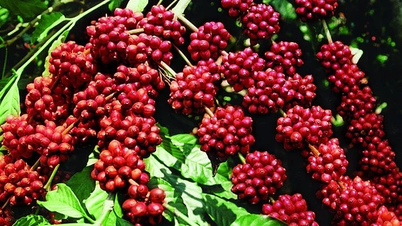

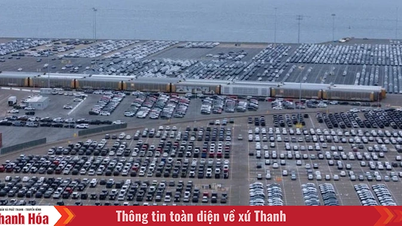



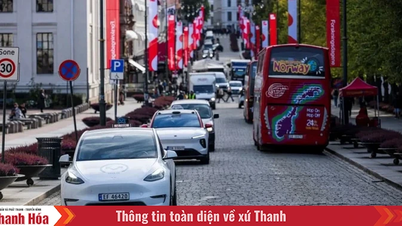


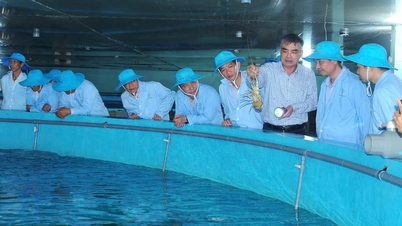
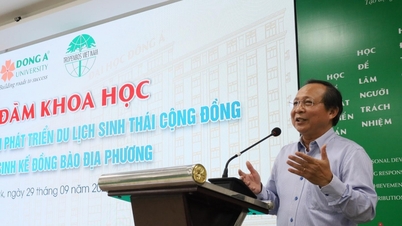
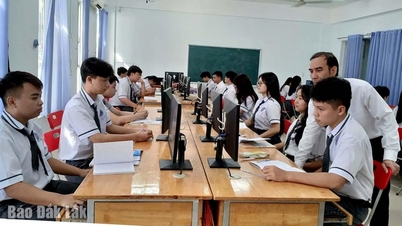
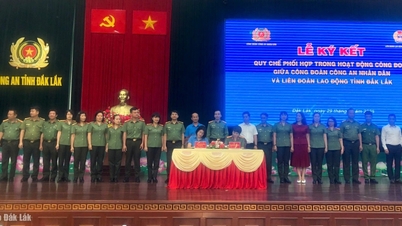





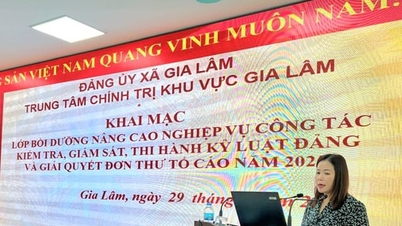

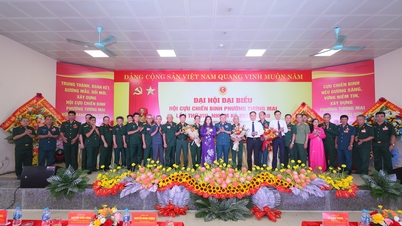
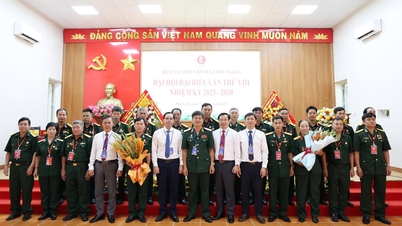
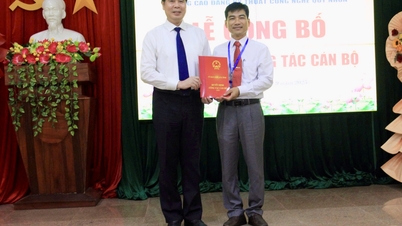


















































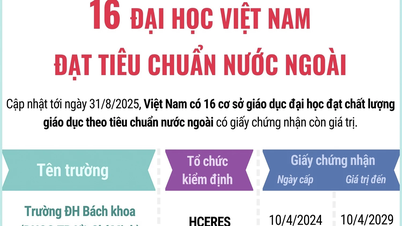



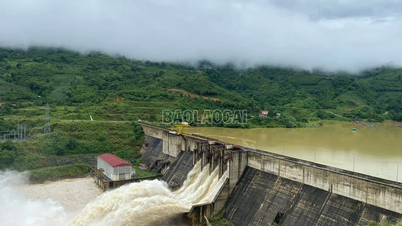


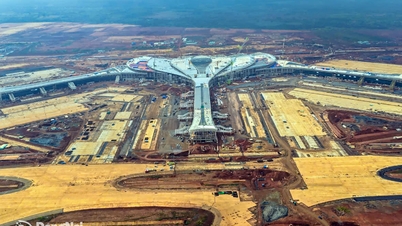












Comment (0)